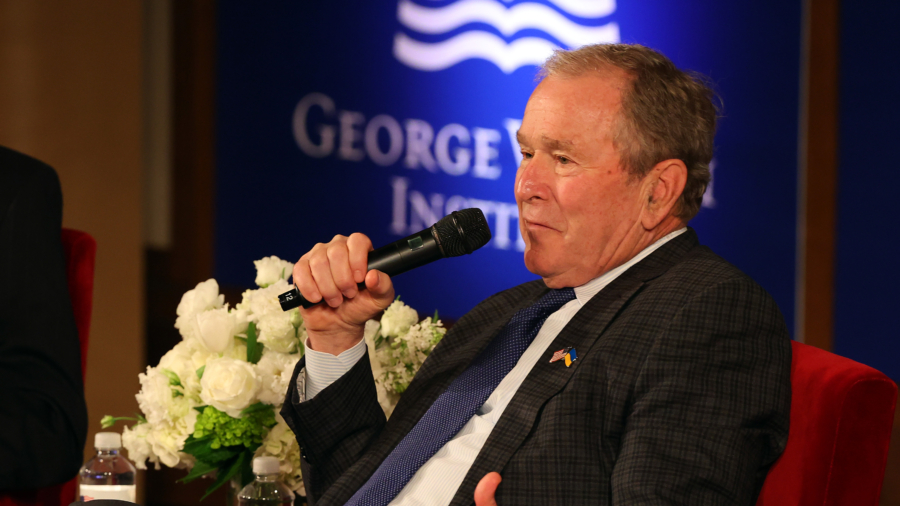Most living former presidents and vice presidents are asserting they turned over all materials with classified markings when they left office but won’t say if they will conduct fresh searches after documents with such markings were found at the homes of President Joe Biden, former President Donald Trump, and former Vice President Mike Pence.
All of former President Barack Obama’s classified records were handed over to the National Archives and Records Administration upon leaving office and the Archives still maintains control of those records, an official with Obama’s office told The Epoch Times via email.
Representatives for former Presidents Bill Clinton, George W. Bush, and the late George H.W. Bush, as well as former Vice Presidents Dan Quayle and Al Gore, told CNN that all the classified records from their administrations were also turned over when they left office.
A spokesperson for former Vice President Dick Cheney told the Associated Press that he didn’t take classified materials with him when he left office and that none have been found since. Former President Jimmy Bush, who signed the Presidential Records Act, did not respond to a request for comment.
FBI agents executed a search warrant on Trump’s home in Palm Beach, Florida in 2022 and discovered about 100 documents with classification markings. Trump has said he declassified the materials before he left office.
Lawyers for Biden in November 2022 found materials with the markings at an office the president used before announcing his 2020 run, the White House revealed this month. More documents with classification markings were later located at Biden’s home in Wilmington, Delaware.
Pence ordered a review of his records following those discoveries and the review uncovered materials with classification markings, according to letters obtained by The Epoch Times this week.
White House press secretary Karine Jean-Pierre, asked on Jan. 24 whether the White House thinks former high officeholders should go back and review their homes to see if they have any documents with classification markings, said “that’s not something I can comment [on] from here.”
She was speaking during a briefing in Washington.
Jean-Pierre also declined to say whether Biden has talked with Obama since some of the documents found at Biden’s home date back to the Obama-Biden administration.
The Archives, which referred Trump to the Department of Justice, leading to the FBI raid, has not appeared to take a similar stance on Biden or Pence as of yet.
The Archives sent letters to representatives of all former vice presidents and presidents who served during or after the Reagan administration to ask for reviews to see if there were any records subject to the Presidential Records Act (PRA), whether classified or unclassified, news outlets reported.
The Archives did not dispute sending the letters in an email to The Epoch Times but declined to provide them or otherwise comment.
The PRA established public ownership of all presidential records and required that such records be transferred to the archives as soon as a president leaves office.
Carter isn’t governed by the act because it took effect after he left office.
Clinton held audio tapes of conversations with an author in his home, according to a federal lawsuit, but the Archives determined the records didn’t fall under the act and rejected a bid from the nonprofit Judicial Watch to obtain the materials. That determination was upheld by a federal judge in 2012.
From The Epoch Times


